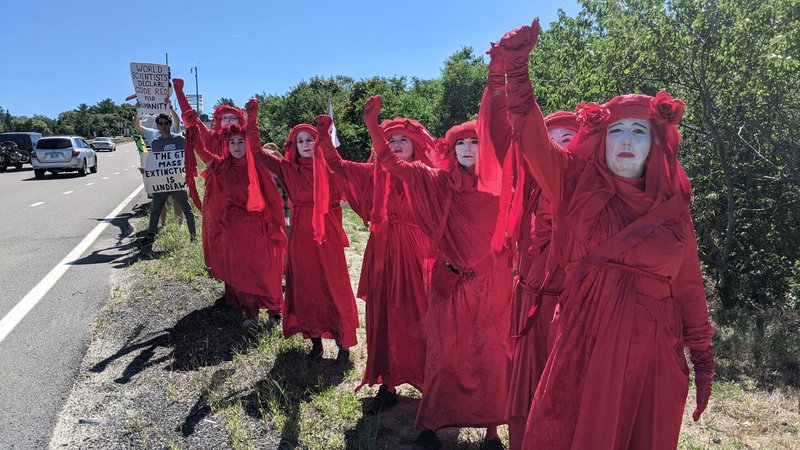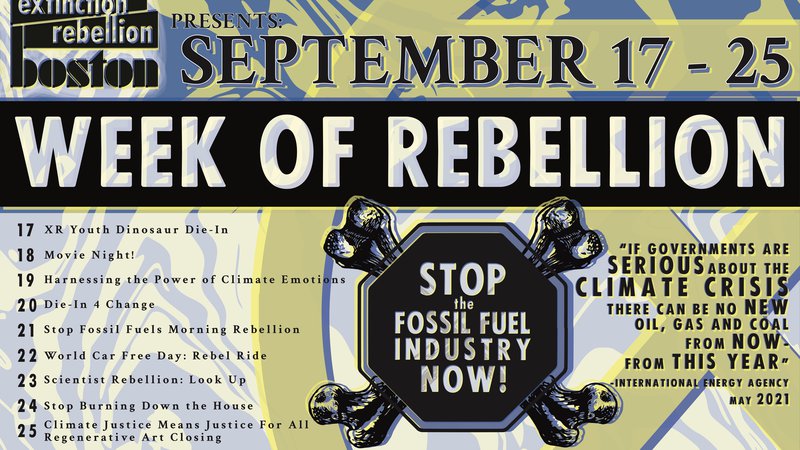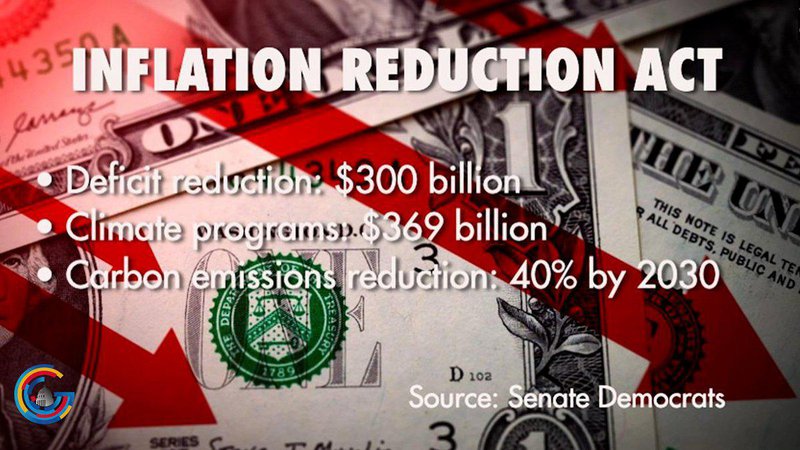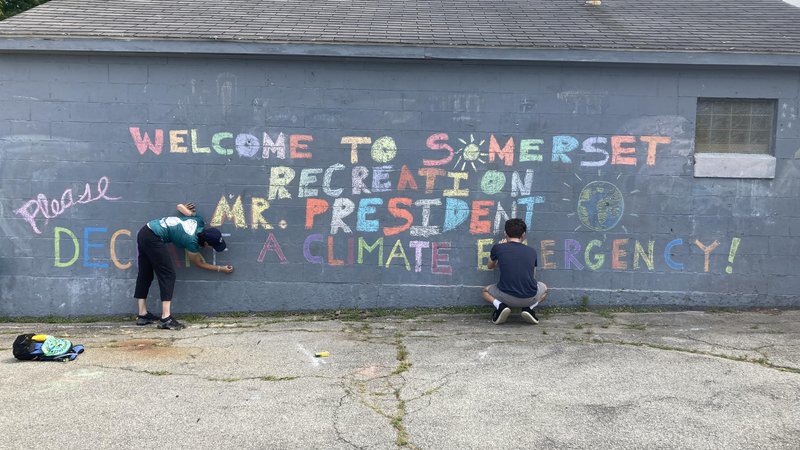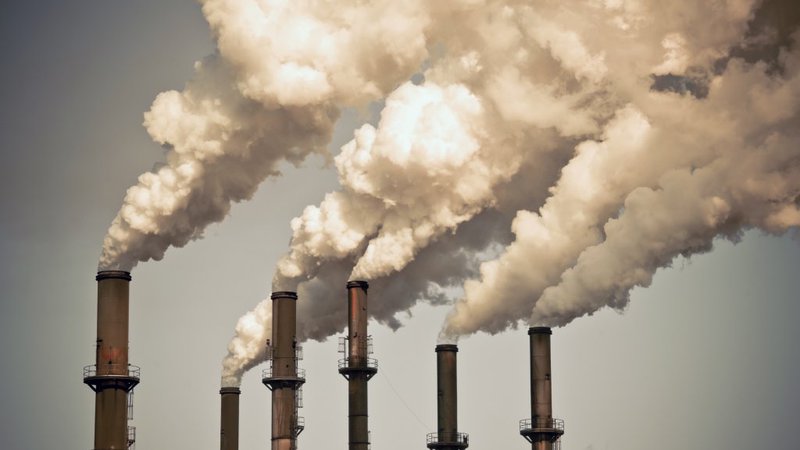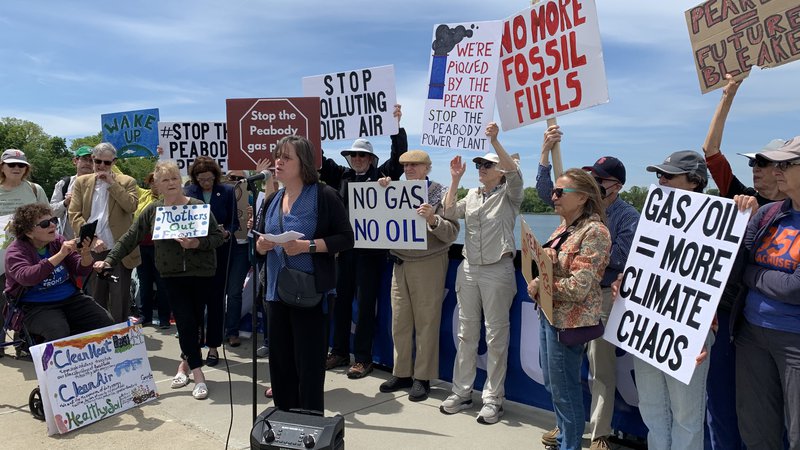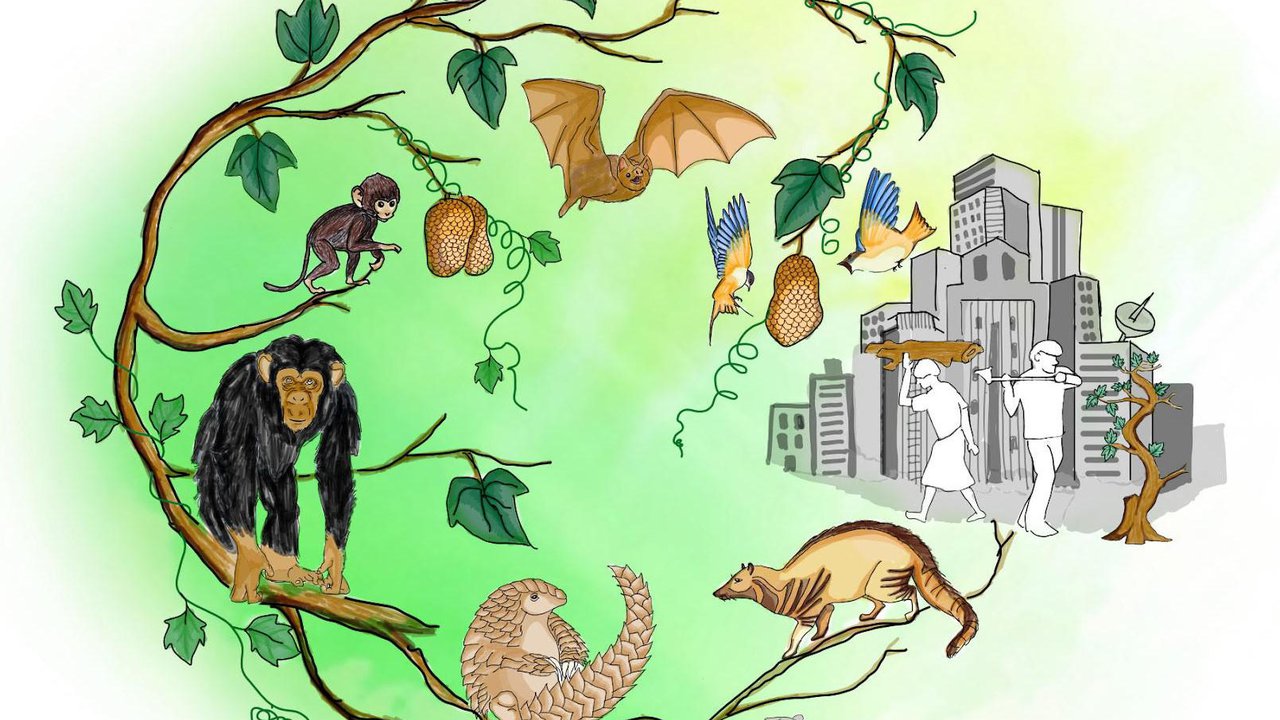
Pandemics, ecological destruction, and factory farms
Humans continue to take up more space and destroy the natural world, in many cases to satiate unnecessary wants, resulting in the overconsumption of Earth's finite resources. We are destroying forests, building roads through natural habitats, polluting ecosystems, and emitting greenhouse gases that are heating Earth.
These harmful practices are causing animals to become sick, suffer, and relocate in an attempt to find new sources of food and water. As animals are forced out of their habitats and into areas populated by humans, zoonotic diseases will become increasingly common. Sadly, many species of animals, along with insects and plants, aren't able to adapt quickly enough to human-induced global heating and the destruction of their habitats and are going extinct.
Excessive meat eating and factory farms are yet another risk, creating the perfect conditions for viruses to jump from animals to humans.
Read below for more information:
CBS News recently spoke to Goodall over a video conference call and asked her questions about the state of our planet. Her soft-spoken grace somehow helped cushion what was otherwise extremely sobering news: "I just know that if we carry on with business as usual, we're going to destroy ourselves. It would be the end of us, as well as life on Earth as we know it," warned Goodall.
Jeff Berardelli: Destruction of nature is causing some really big concerns around the world. One that comes to the forefront right now is emergent diseases like COVID-19. Can you describe how destruction of the environment contributes to this?
Dr. Jane Goodall: Well, the thing is, we brought this on ourselves because the scientists that have been studying these so-called zoonotic diseases that jump from an animal to a human have been predicting something like this for so long. As we chop down at stake tropical rainforest, with its rich biodiversity, we are eating away the habitats of millions of animals, and many of them are being pushed into greater contact with humans. We're driving deeper and deeper, making roads throughout the habitat, which again brings people and animals in contact with each other. People are hunting the animals and selling the meat, or trafficking the infants, and all of this is creating environments which are perfect for a virus or a bacteria to cross that species barrier and sometimes, like COVID-19, it becomes very contagious and we're suffering from it.
But we know if we don't stop destroying the environment and disrespecting animals — we're hunting them, killing them, eating them; killing and eating chimpanzees in Central Africa led to HIV/AIDS — there will be another one. It's inevitable.
As the COVID-19 pandemic continues to take lives and disrupt economies across the world, a new report warns that further outbreaks will emerge unless governments take active measures to prevent other zoonotic diseases from crossing into the human population, and sets out ten recommendations to prevent future pandemics.
The report, Preventing the Next Pandemic: Zoonotic diseases and how to break the chain of transmission, is a joint effort by the United Nations Environment Programme (UNEP) and the International Livestock Research Institute (ILRI).
It identifies seven trends driving the increasing emergence of zoonotic diseases, including increased demand for animal protein; a rise in intense and unsustainable farming; the increased use and exploitation of wildlife; and the climate crisis. The report finds that Africa in particular, which has experienced and responded to a number of zoonotic epidemics including most recently, to Ebola outbreaks, could be a source of important solutions to quell future outbreaks.
Extinction Rebellion UK, "6 Ways That Pandemics And The Environment Are Inseparable"
During a summer heatwave in August 2016, anthrax thawed out of land that we had thought was permanently frozen – the permafrost. The escaped anthrax killed a 12-year-old boy, infected at least 20 other people, and killed more than 2,300 reindeer in the area. It was the region's first outbreak in 75 years.
This took place in a remote part of Siberia. If it had happened in a city (or even an arctic village), the results might have been much worse.
The climate crisis is causing the permafrost to thaw. Fast. And many people expect pathogens trapped within the previously frozen ground – responsible for such diseases as polio, anthrax, smallpox and the Spanish flu – to eventually be released.
The Guardian, "Cost of preventing next pandemic 'equal to just 2% of Covid-19 economic damage'"
The cost of preventing further pandemics over the next decade by protecting wildlife and forests would equate to just 2% of the estimated financial damage caused by Covid-19, according to a new analysis.
Two new viruses a year had spilled from their wildlife hosts into humans over the last century, the researchers said, with the growing destruction of nature meaning the risk today is higher than ever.
It was vital to crack down on the international wildlife trade and the razing of forests, they said. Both bring wildlife into contact with people and their livestock. But such efforts are currently severely underfunded, according to the experts.
Vox, "The meat we eat is a pandemic risk, too"
Some experts have hypothesized that the novel coronavirus made the jump from animals to humans in China’s wet markets, just like SARS before it. Unsurprisingly, many people are furious that the markets, which were closed in the immediate wake of the outbreak in China, have already reopened. It’s easy to point the finger at these “foreign” places and blame them for generating pandemics. But doing that ignores one crucial fact: The way people eat all around the world — including in the US — is a major risk factor for pandemics, too.
That’s because we eat a ton of meat, and the vast majority of it comes from factory farms. In these huge industrialized facilities that supply more than 90 percent of meat globally — and around 99 percent of America’s meat — animals are tightly packed together and live under harsh and unsanitary conditions.
“When we overcrowd animals by the thousands, in cramped football-field-size sheds, to lie beak to beak or snout to snout, and there’s stress crippling their immune systems, and there’s ammonia from the decomposing waste burning their lungs, and there’s a lack of fresh air and sunlight — put all these factors together and you have a perfect-storm environment for the emergence and spread of disease,“ said Michael Greger, the author of Bird Flu: A Virus of Our Own Hatching.
EuroNews, "Plant-based diets could prevent a future pandemic say doctors"
Consultant Haematologist and Director of Plant-Based Health Professionals UK, Doctor Shireen Kassam believes there is an “urgent need” to reduce our meat consumption for both human and planetary health.
“More than 90 per cent of the meat we consume is produced in industrial scale factory farms, which provide the perfect conditions for the generation of novel infections with epidemic and pandemic potential.” Factory farming also requires the widespread use of antibiotics, he adds, which has contributed to “a dramatic rise in the number of antibiotic-resistant infections affecting humans.”
Related Stories:
Featured:
-
The third annual Week of Rebellion is full of opportunities for celebration and action!
-
Our government had the opportunity to finally turn our state into a "climate leader," and they decided yet again to prioritize profits and political posturing over the well-being of residents.
-
Prominent climate scientists and activists demand immediate climate action in the United States.
-
Stop the Fossil Fuel Industry, Now: List of events for Extinction Rebellion Boston's September week of rebellion
-
A compilation of books, movies, articles, and ways to take action to protect Black lives
-
Nadia Colburn, PhD and member of Extinction Rebellion Media team, discusses how to talk about the climate and ecological crisis with family and friends.
Upcoming Events:
-
Fri Feb 20th @ 6 p.m.
-
Sat Feb 21st @ 2 p.m.
-
Sun Feb 22nd @ 10:15 a.m.
